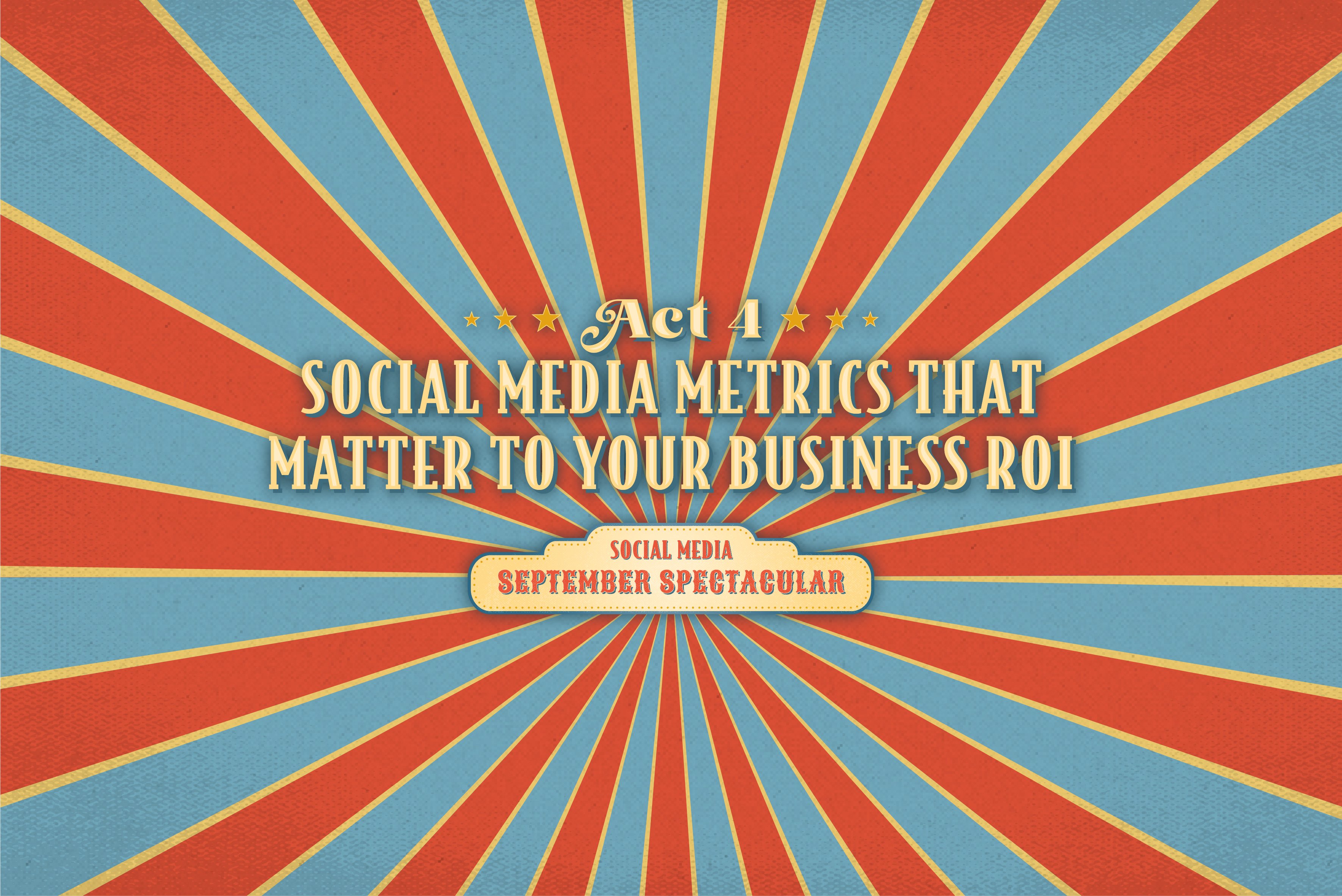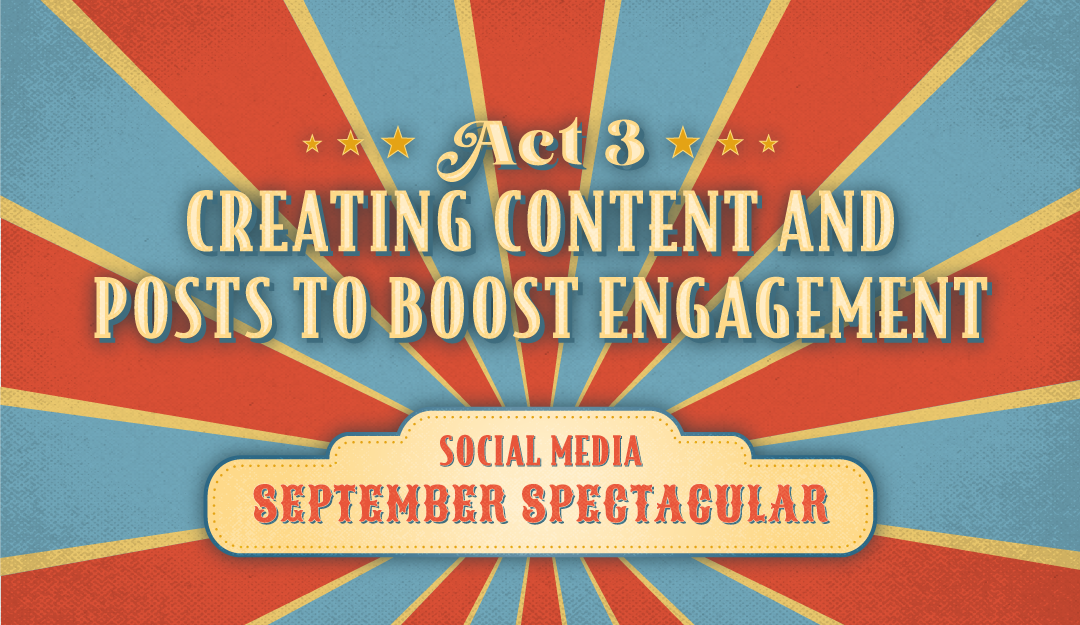Understanding the impact of social media on your bottom line isn’t always a clear picture. Depending on your sales cycle, a sale could take months to complete if that customer came from a social media campaign. We’re going to take a look at metrics you should be aware of when it comes to measuring the ROI of your social media campaigns.
Knowing Your Buyer’s Journey
Before we can understand which metrics will matter to your business, we first have to touch on the Buyer’s Journey.
The Buyer’s Journey is the research process a potential buyer goes through where they be aware, consider, and evaluate to decide to purchase a new product or service. There are three critical points throughout the process: awareness, consideration, and decision.
Awareness:
The potential buyer realizes that they have a problem.
Consideration:
The potential buyer defines their problem and researches ways to solve it.
Decision:
The potential buyer chooses a solution and becomes the buyer.
By mapping out your buyer’s journey, you can identify which areas in the journey impact your business revenue for optimized metric tracking.
The Leading Indicators of Social Media Revenue Success
Here's a list of leading indicators to help you measure social media revenue:- Sign-ups for email, webinars, and events
- Product downloads and trials
- Purchases: How many people buy your product or service as a result of an action in social media?
- Downloads of marketing materials
- Visit-to-lead conversion rate: Of the social media traffic you're generating, what percentage of those visitors become leads?
- Sentiment analysis: How the internet feels about your brand can be an indicator of satisfaction, passion, and loyalty.
- Competitor benchmarking. Understanding how you stack up to your competition can help you pivot and make better business decisions.
- Website traffic
- Reach and engagement: This includes likes, shares, and comments.
- Audience size
- Campaign results.
After you’ve decided which indicators result in revenue for your business, the next step is measuring your social media expenses against your campaigns to determine your return on investment.
To measure the ROI of a social media action, you must divide the net income by the cost of the action and multiple that number by 100.
Let’s put that into action.
Company XYZ invested $1,200 on a social media campaign to promote their new event on Facebook and Instagram. After the campaign was complete, the company made $5,000 in profit from their event. The calculation would look like this:
(5,000/1,200) x 100 = 416% Return on Investment
Who wouldn’t want numbers like that from their campaigns? This isn’t always going to be the case for every campaign, but you’ll never know those results unless you are tracking your efforts.
Transform Your Business with Social Media Metrics
Social media metrics can provide you with a breadth of information that many departments of your company would find valuable.
- Products: Social media can help you listen to what your customers are saying about your products to find and resolve issues and deliver new product ideas.
- Marketing: Social media can increase the reach of your other campaigns including traditional methods like print or radio. Use a hashtag or website to measure the effectiveness
- Sales: Give your sales team insider knowledge about how your customers are engaging on social media. Track interactions with hashtags to keep in the conversation!
The only way to truly know the success of your efforts is by tracking. It is important to set up those specific tracking measures up front in your campaign so that you can define social media ROI for your business.
This concludes our Social Media September Spectacular! What a month it has been talking all things social media. If you missed a previous Act, check out our blog for more social media tips and tricks!
If you’re ready to kickstart your social media strategy, Drop Us a Line!







